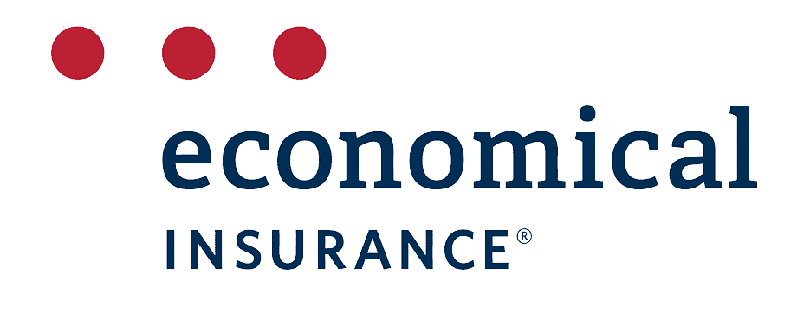Electric vehicles (EVs) are on the rise in Peel Region, and with their increasing popularity comes the inevitable – collisions. While EVs offer numerous advantages, including reduced emissions and lower operating costs, understanding the unique aspects of collision repairs for these vehicles is crucial. In this blog, we’ll navigate the world of EV collision repairs in Peel Region, providing you with the knowledge you need to make informed decisions when facing this situation.
EVs in Peel Region: A Growing Trend
Peel Region, known for its vibrant communities and bustling cities, has been quick to embrace the EV revolution. EV ownership is on the rise, and the region’s commitment to sustainability aligns perfectly with the environmental benefits of electric vehicles. However, as the number of EVs on the road increases, so does the likelihood of collisions involving these cutting-edge vehicles.
Safety Considerations in EV Collision Repairs
High-Voltage Battery Systems
One of the primary safety concerns when dealing with EVs in collision repairs is their high-voltage battery systems. Unlike traditional internal combustion engine (ICE) vehicles, EVs rely on massive lithium-ion battery packs to power electric motors. These batteries can contain lethal voltage levels, posing a significant safety risk during collision repairs.
As a result, repair technicians must undergo specialized training to work safely with EVs. This includes learning how to disable the high-voltage system and ensuring it remains deactivated throughout the repair process. This level of caution is not required for conventional vehicles and adds a layer of complexity to EV collision repairs.
Fire Risks
Lithium-ion batteries, while efficient, are known for their energy density, making them potentially dangerous in a collision. Damage to the battery system can lead to thermal runaway, resulting in a fire risk. Repair facilities handling EV collision repairs in Peel Region need to have appropriate fire safety measures in place, including special fire suppression systems and protocols.
Specialized Tools and Equipment
EV collision repairs necessitate specialized tools and equipment. High-voltage cables, connectors, and diagnostic equipment are essential for identifying and addressing issues in the electric propulsion system accurately. These tools are not typically found in traditional collision repair shops, necessitating significant investments in training and equipment for EV repairs.
Advanced Materials and Construction
Lightweight Materials
Many EVs incorporate lightweight materials like aluminum and carbon fiber into their construction to improve efficiency and range. While these materials contribute to better performance, they are also more challenging to repair than traditional steel. Repair technicians must be familiar with these materials to ensure a proper repair that maintains the vehicle’s structural integrity.
Aerodynamic Design
EVs often feature sleek and aerodynamic designs to maximize efficiency. Repairing body damage on these vehicles requires a deep understanding of their unique design elements to ensure they are restored to their original specifications.
Complex Electronics and Software
Sensor Integration
EVs come equipped with numerous sensors and cameras that play a crucial role in advanced driver assistance systems (ADAS) and autonomous driving features. Repairing collision damage can disrupt these systems, necessitating calibration and reprogramming to ensure they function correctly. Technicians must be well-versed in the intricacies of these systems to restore them to their pre-collision state.
Over-the-Air Updates
Some EV manufacturers provide over-the-air (OTA) software updates to improve performance and add new features. Repair technicians need to be aware of these updates and ensure that they are not compromised during collision repairs. This requires a level of software expertise that goes beyond traditional automotive repair.
Choosing a Certified EV Repair Center
Given the unique challenges and safety concerns associated with repairing electric vehicles, it’s crucial for EV owners in Peel Region to choose repair facilities that are certified and trained in EV collision repairs. These certified centers have the expertise, equipment, and protocols in place to ensure that EVs are repaired safely and effectively.
Insurance providers we work with










